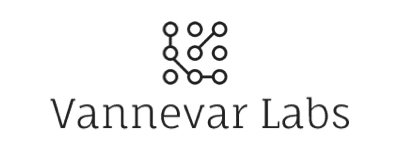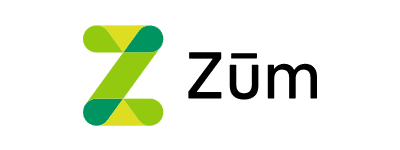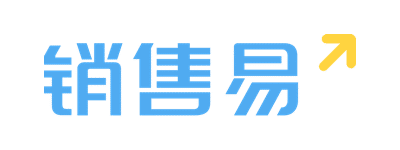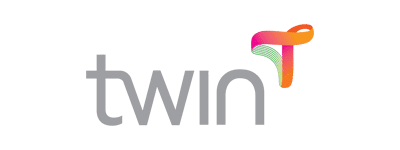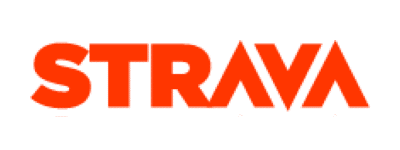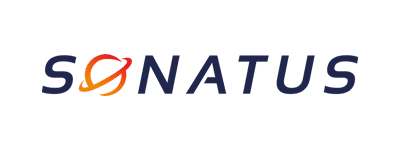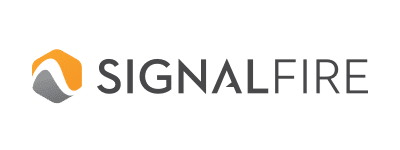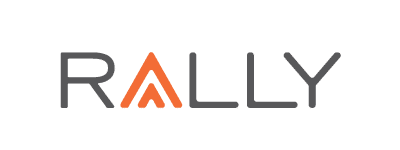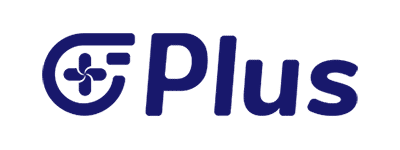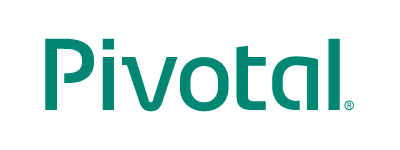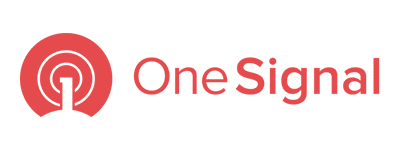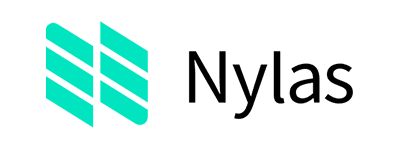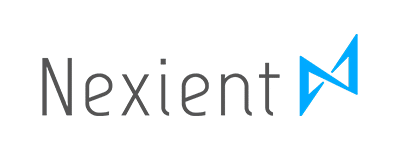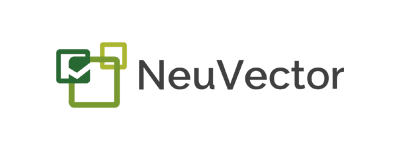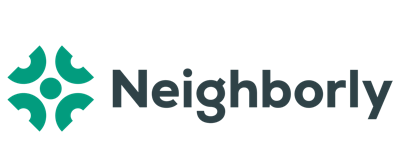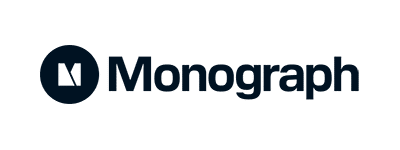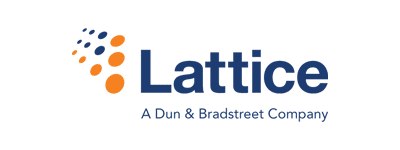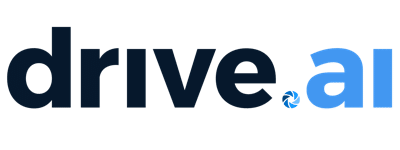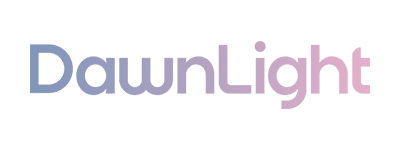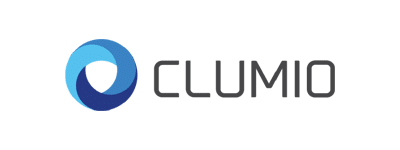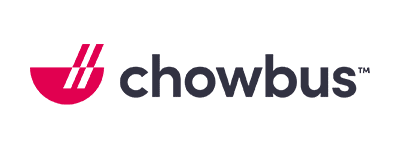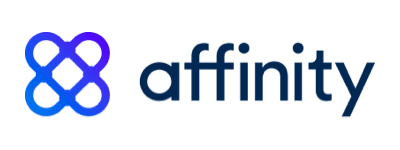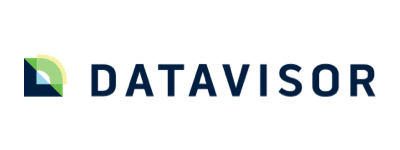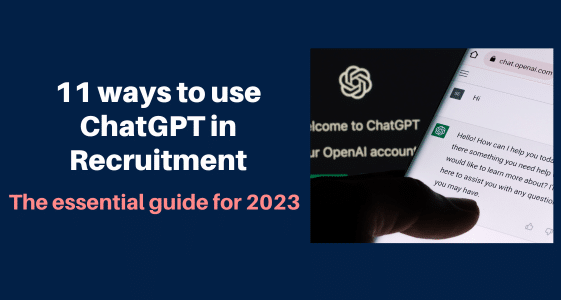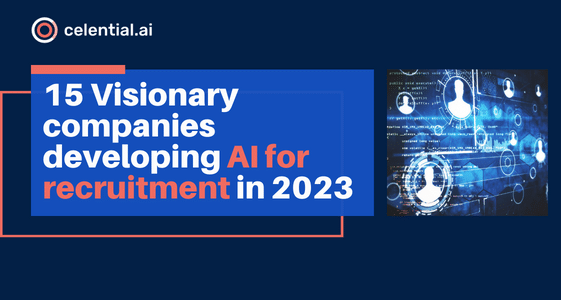Executives, team leaders, and HR professionals are increasingly aware of the importance of diversity for building great teams. DE&I efforts aren’t just about social responsibility; they have a real impact on the bottom line. Diverse teams offer an inbuilt antidote to ‘groupthink.’ They provide a broader range of viewpoints, see different potential pitfalls, and importantly, offer insights into more of your potential customers.
Artificial Intelligence has already found its place as an indispensable tool for diverse hiring — and we’re only just starting to see what it’s capable of. Here we discuss three common obstacles to improving diversity and how recruiting solutions powered by AI can help address them.
Removing bias from job descriptions
Have you ever considered how inclusive your JDs actually are?
Of course, it’s essential for a job spec to accurately describe the role and the core skills or experiences required. However, we need to think about how the language or terminology we use, and the requirements we ask for, either include diverse candidates or lock them out.
It isn’t new news that women will only apply for a role when they meet 100% of the requirements, where men feel confident meeting only 60%. Does your list read as must-haves or nice-to-haves?
How can AI help?
A well-designed AI solution can parse existing job descriptions, highlight biased phrases, and offer more inclusive alternatives to a broader range of candidates. AI can also extract actual job requirements to proactively surface appropriate candidates, minimizing the influence of specific languages.
Celential.ai’s AI-powered Virtual Recruiter uses advanced Natural Language Processing (NLP) technology to translate job descriptions into quantitative and categorical criteria about expertise, skills, education, and experiences. It accurately matches the right talent with each open vacancy based on the actual qualification, allowing the inclusion of candidates with various backgrounds.

Identifying candidates from underrepresented groups
Getting diverse candidates into your talent pipeline is critical for improving diversity in the hiring process. Businesses rarely look for diverse talent in the right places as traditional recruitment strategies rely on common professional networks and job-hunting sites to source new talent. Both have the risk of excluding diverse candidates, who may struggle to be included in professional networks or may not put themselves forward for advertised opportunities.
How can AI help?
AI hiring solutions can significantly increase the available talent pool by identifying overlooked search areas and proactive targeting of passive talent.
Celential.ai’s AI-powered proprietary talent graph provides extensive talent coverage for diverse candidates throughout the US, Canada, Latin America and India. Taking thousands of signals and hundreds of data sources, Celential has built a sophisticated system to collect, process, and aggregate data from specialized communities, professional and social networks, company websites, personal websites, and more. It allows hiring teams to access untapped talent pools and discover underrepresented candidates. In addition, Celential’s built-in diversity hiring capabilities also enable proactively targeting of female and minority candidates to boost diverse candidate presence in the pipeline significantly.
>> Read about how Celential.ai’s Virtual Recruiter helped Monograph find skilled and diverse engineering talent that fit their unique culture.

Eliminating unconscious bias from the candidate funnel
There’s not a person alive who’s immune to unconscious bias. And that makes your hiring team’s screening process subject to bias too. From resume reviews to interviews, the prejudices we carry all have the power to limit the diversity we see in our organizations.
How can AI help?
AI screening systems allow recruiters to control human bias and, ultimately, strip it out for good. Now, you can make decisions based on the criteria that count — qualification match and mutual fit between the candidate and the team — free from personal prejudice.
Celential.ai goes one step further. The advanced NLP and machine learning algorithms offer a more insightful analysis of potential fit. This combines with a 360-degree understanding of both the talent (experience, education, skills, career trajectory, etc.) and the hiring team (team members’ background, product, technology, etc.) to provide the most comprehensive screening for potential mutual fit. Gender and ethnic attributes of candidates are not included in the matching and scoring process.
Celential’s AI Virtual Recruiter also pitches job opportunities to diverse talent using automated, highly personalized messaging. Doing so increases the chance of a positive response, fast-tracking the right candidates and advancing them to interview.
>> Working for OneSignal, our Virtual Recruiter encouraged a 65% increase in warm candidates from varied educational backgrounds.

Ensuring an ethical approach to AI diversity hiring
The use of AI tools in diversity hiring isn’t without risk. Poorly designed algorithms can embed existing prejudices deeper into recruitment processes, and the use of technology can imply a sense of impartiality that’s not always fully justified.
There are many factors to consider when aiming to make responsible and ethical use of AI in recruitment. Two notable ones are informed consent (candidates’ consent to enter into discussions with recruiters and hiring teams) and anonymity (responsible use of protected job seeker data).
Considerations such as consent and privacy are as central to AI-driven recruitment as they are to traditional methods — and have helped inform all aspects of Celential’s AI recruiting solution. We need to be sure that our algorithms are trained inclusively, just as we expect our staff to act inclusively too.
Utilizing the power of AI in recruiting can set you apart from the competition and find you the top-notch, diverse workforce you need. Book a demo today with Celential.ai to learn more!
Table of Contents

